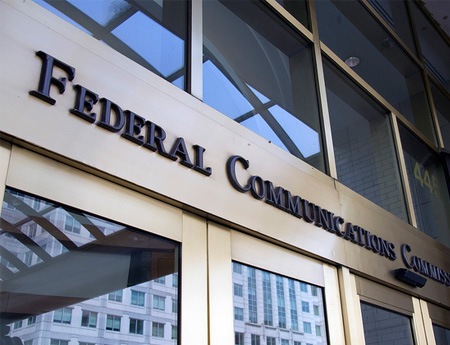Amazon Warns FCC About OTT Redefinition

The smarter way to stay on top of broadcasting and cable industry. Sign up below
You are now subscribed
Your newsletter sign-up was successful
FCC chairman Tom Wheeler proposed reclassifying some linear over-the-top (OTT) video providers as MVPDs to help boost them as a competitor for traditional cable, but OTT provider Amazon is advising it not to.
In meetings with FCC Republican commissioners and their staffs earlier this month, Amazon execs and their counsel argued that the OTT marketplace is already "vibrant and growing" without the FCC stepping in.
Wheelers' proposal is to require that linear OVDs be given access to cable-affiliated programming and local TV station broadcasts regardless of whether or not they have facilities-based distribution platforms. Beyond that, it tees up lots of questions about how to apply that definition and the ramifications of doing so.
The idea is to help promote online video as a competitor to traditional cable and satellite providers, which the FCC says should produce more choices for programming, by making the MVPD definition technology neutral. "Video is no longer tied to a certain transmission technology, so our interpretation of MVPD should not be tied to transmission facilities," Wheeler said at the time of the December 1024 vote to launch the rulemaking.
Amazon senior VP David Zapolsky and director of public policy Brian Huseman said the current investment in creative, quality, programming was occurring "naturally in the marketplace."
"In view of this dynamic, healthy, and rapidly changing technological and competitive environment, we questioned the need for government intervention in this market segment," they told the commissioners, according to FCC documents, concerned that "the rules proposed by the Commission would inhibit innovation by imposing on OTT services regulatory burdens created long ago that are neither relevant to nor tailored to address this new vibrant industry, without any of the competitive benefits (including the attendant statutory copyright licensing) that were envisioned when the rules were originally drafted decades ago."
The license means cable and satellite operators don't have to separately negotiate with content providers for the underlying programming when they are negotiating retrans rights to the TV station signal.
The smarter way to stay on top of broadcasting and cable industry. Sign up below
The execs expressed particular concern about Twitch.tv, its live streaming video service. It said if it were to fall under the proposed rule, that could be "highly damaging" because it would "significantly distort a new and alternative video segment that is growing and flourishing without any government intervention."
Wheeler says he plans to vote on the proposal before year's end.
Contributing editor John Eggerton has been an editor and/or writer on media regulation, legislation and policy for over four decades, including covering the FCC, FTC, Congress, the major media trade associations, and the federal courts. In addition to Multichannel News and Broadcasting + Cable, his work has appeared in Radio World, TV Technology, TV Fax, This Week in Consumer Electronics, Variety and the Encyclopedia Britannica.

